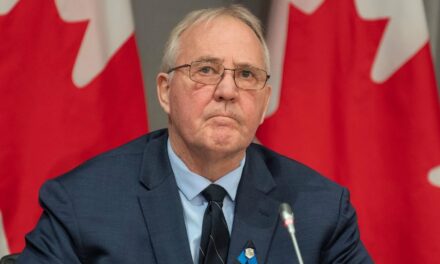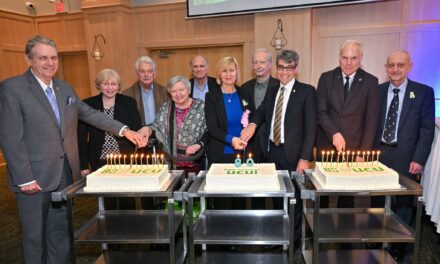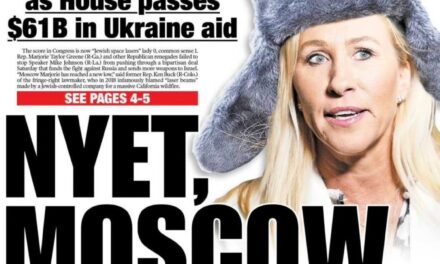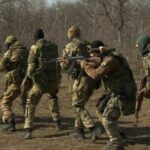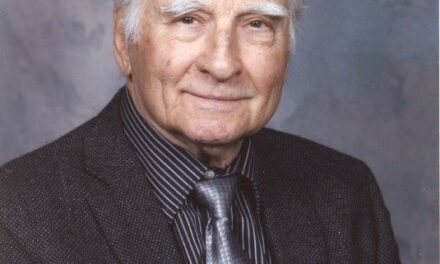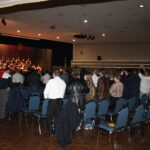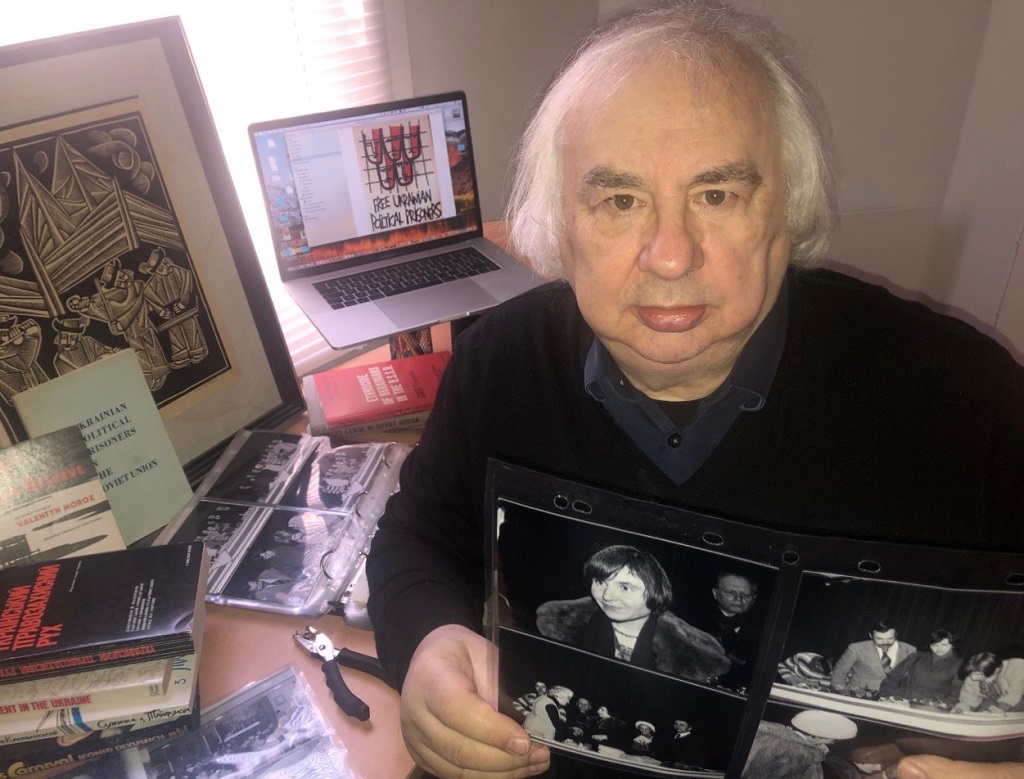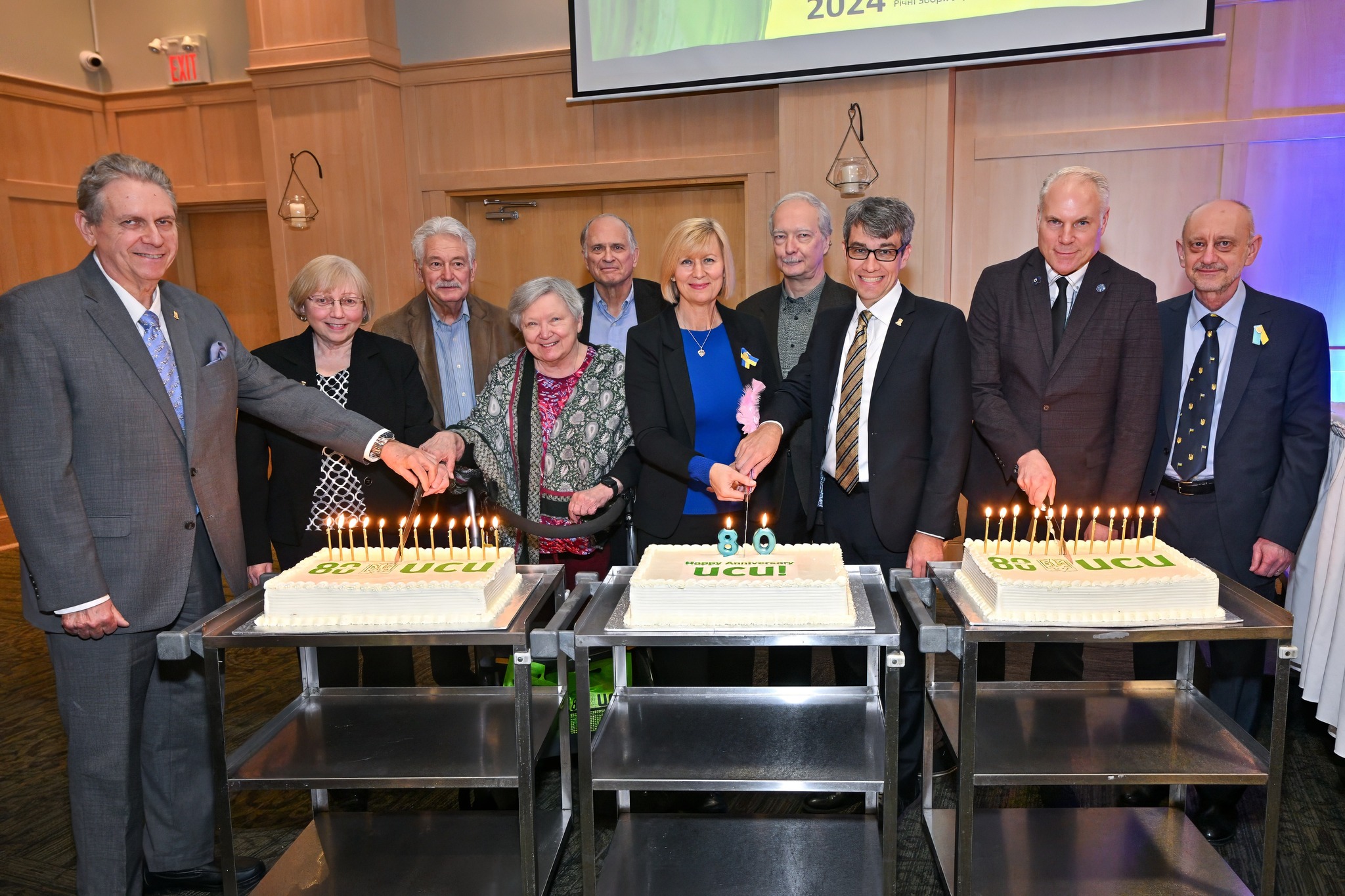Vera Barabash, Montreal.
A major restoration project has been undertaken to save, restore, digitize and put on-line important community tapes of former Soviet Ukrainian dissidents that were invited to speak in Montreal and others cities in Canada in the 1970’s and 80’s. The project will serve as an on-line resource for educators and anyone interested in learning more on this topic that is gaining increased attention.
The Ukrainian-Canadian community provided a significant voice in the defense of former Soviet Ukrainian dissidents and their stand for human rights from the late 1960’s to 1980’s. This restoration project is a record of this history; it ensures this unique material will be preserved. The original Montreal filming was done by Volodymyr Hayduk and his team. The 2021 restoration project to safeguard the historic tapes is being undertaken by Yurij Luhovy and Zorianna Hrycenko.
The tapes are in a fragile state, in need of immediate attention to prevent them from being lost. These Ukrainian-language video recordings were made on ½ inch black and white tapes, filmed on Sony AV 3600 reel to reel — one of the earliest video formats now discontinued and requiring special care for restoration.
Twenty-six tapes are being transferred digitally to today’s standards by one of the few companies in the USA that still does this work. The digitized film will then be color-corrected, sound balanced, edited, and transferred on-line on YouTube for public access worldwide. Interwoven presently into the tapes, are press articles on the defense of political prisoners, and photographs taken by Yurij Luhovy at the speaking events.
The restoration project will help ensure the work of the Ukrainian-Canadian community in defense of human rights in Soviet Ukraine remains a part of the community’s, the diaspora’s and Ukraine’s history. The tapes provide a unique visual record of former Soviet Ukrainian dissidents speaking at press conferences and to overflowing audiences at community events.
Dissidents of the mid 1960’s to late 1980’s helped shape a movement contributing to the collapse of the Soviet Union and Ukraine’s renewed independence. The role of former political prisoners, their courageous stand and impact is relevant to a fuller understanding of contemporary events in Ukraine. The restoration project will help inform regarding the vital role the Ukrainian diaspora played in defending Soviet Ukrainian political prisoners. It provides a permanent record of the involvement and persistence of the Ukrainian community to organize events and advocate for the defense of Ukrainian dissidents and human rights activists before the fall of the Soviet Union. “This rare historical material is invaluable to future generations, researchers and the community”, stated historian Prof. Roman Serbyn.
Among the Ukrainian dissidents included in the restoration project are: Valentyn Moroz (1936- 2019), one of five dissidents who arrived in USA in 1979 in exchange for two Soviet spies. He was arrested in 1965 for his active defense of human rights, the Ukrainian language, culture, identity and opposition to Russification policies. Moroz served a 14-year sentence in Soviet prisons. He lived in Canada between 1986-1991; Nadiya Svitlychna (1936-2006), former Soviet political prisoner, human rights activist, arrested in 1972 by the KGB, served four years hard labor in the Mordovian SSR. She was the first woman political prisoner allowed to emigrate to USA (1979) having served her term and stripped of her USSR citizenship; Victor Borovsky (1957-2009), one the youngest dissidents, was arrested by the KGB and taken to a psychiatric prison. Upon being exiled, he continued to speak out and reveal details of his imprisonment and the Soviet regime’s use of psychiatric terror; Petro Hryhorenko (1918-2007), a former high-ranking Soviet Army General disillusioned with the Soviet system who began to challenge and criticize the Soviet regime. Arrested in the 1960’s, he was sent to a “special” psychiatric hospital run by the KGB. Hryhorenko was one of the founders of the human rights movement in the Soviet Union and the Ukrainian Helsinki Group. Expelled by KGB to the West in 1977, he continued to expose Soviet violations of human rights, policies of repressions and Russification of Soviet Ukraine.
The above dissidents were invited to speak at press conferences and community presentations. Their activism has become a crucial link between the past and present. These tapes provide a rare first-hand account of their experiences and are a valuable historical record providing a fuller understanding of the Ukrainian-Canadian diaspora’s role in their defense.
Ukrainian communities in North America, including university students in Canada, were at the forefront in organizing defense committees such as the Committee in Defense of Valentyn Moroz, the Committee for the Defense of Soviet Ukrainian Political Prisoners, the Information and Anti-Defamation Committee of the Ukrainian Canadian Committee, Montreal branch and many more in USA, France, Britain and elsewhere.
A previous restoration project initiated by Yurij Luhovy and Zorianna Hrycenko regarding the First International Symposium on the man-made Famine 1932-1933 held 1983 in Montreal, is available on-line at www.yluhovy.com. Comprised of 22 parts, it includes speakers James Mace, Yurij Shevelov, Roman Serbyn, Bohdan Krawchenko.
The dissident restoration and digitization project is partially supported by UNF-Montreal, Shevchenko Foundation-Ukrainian Canadian Veterans Fund, Caisse Populaire Desjardins Ukrainienne de Montreal, Ukrainica Research Institute and BCU Foundation. To help complete this project a cheque may be made out to: MML Inc (memo: “Dissident Restoration Project”) and mailed to: MML Inc., 2330 Beaconsfield Ave, Montreal, QC, H4A 2G8.
Share on Social Media







